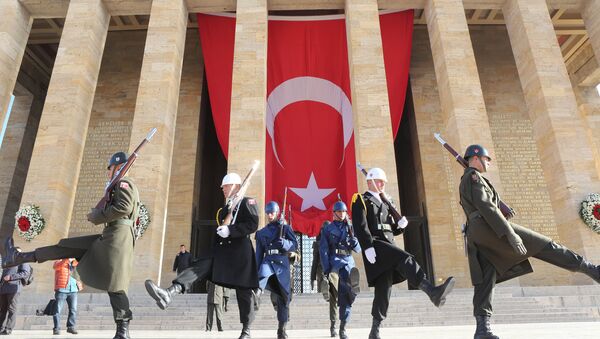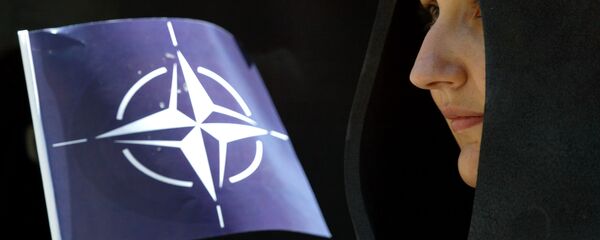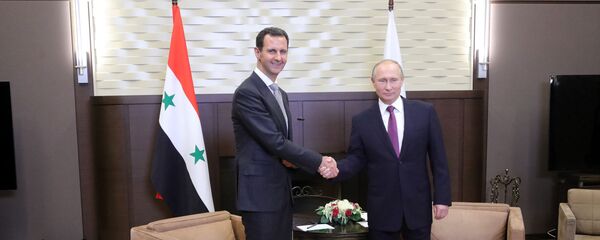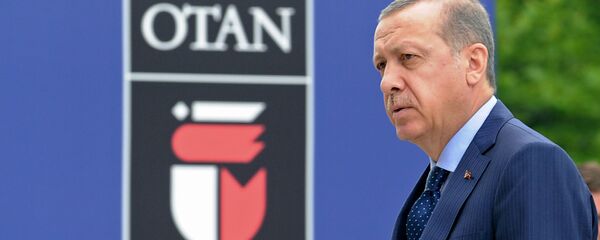The fallout continues from the scandalous NATO drills in Norway last week, where Turkish President Recep Tayyip Erdogan and modern Turkey's founding father Mustafa Ataturk were pictured on a "chart of enemies." On Monday, Yalcin Topcu, a key advisor to the president, urged lawmakers to reconsider Turkey's membership in the defense bloc.
"An example of this is the fact that Ankara opposed the referendum held in Iraqi Kurdistan not in the framework of NATO, but in general coordination with Russia, Iran and Iraq," the politician explained. "Another example of Turkey's retreat from NATO is its Syrian policy, which does not fit into NATO's strategy, but is defined in the negotiation process with Russia, Iran, and indirectly, Syria itself," he added.
Yet another example, according to Soner, is the fact that at the height of the Qatari crisis, Ankara rejected US proposals on the formation of a Sunni Muslim NATO. Furthermore, he said, Turkey already has clear alternatives in the sphere of defense cooperation, specifically in Russia and China.
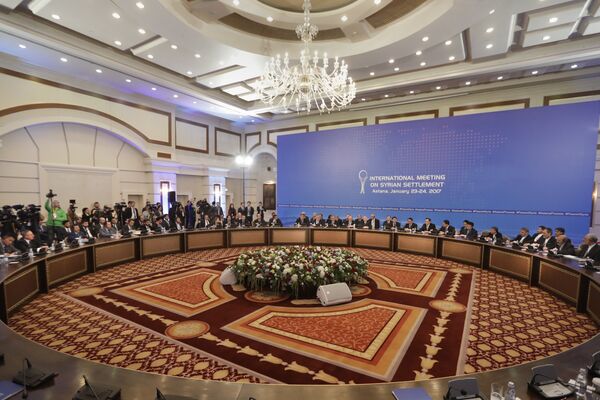
"In short, despite the continued interaction between Turkey and NATO in the military and technological spheres, Turkey's foreign policy is no longer determined by its membership in the alliance," Soner stressed. "Therefore, the question of whether or not Turkey may withdraw from NATO has lost its validity," he added.
According to the politician, "the most important and noteworthy moment in this process of distancing from NATO is not only Ankara's pursuit of an independent foreign policy, but its clearing out of NATO elements within the Turkish Armed Forces, something American officials have recognized repeatedly and with great concern."
Ultimately, the Patriotic Party politician stressed that a possible Turkish exit from NATO could lead to the collapse of the alliance. "Turkey already has major alternatives, such as joining the Shanghai Cooperation Organization," he said. "Its membership in this organization would bring major benefits to both sides. Thus, by withdrawing from the North Atlantic Alliance and joining Eurasian structures, Turkey could help lead Eurasia to a new level."
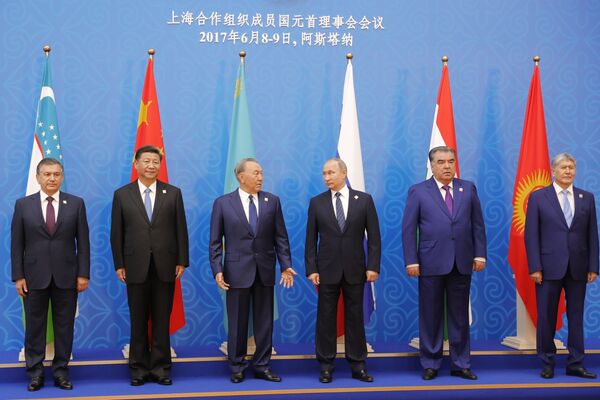
Second, Soner noted, "Turkey's distancing itself from NATO has revealed a split within the alliance. After all, not only Turkey, but a significant number of European countries are also distancing themselves from the defense bloc."
"The recent agreement on the creation of a joint defense pact between European states simply confirms this centrifugal process among NATO member states," the politician explained. "Some NATO members are concerned about the alliance's activities in Ukraine, and the UK, Germany and France are extremely concerned about Washington's position on Iran. In the long run, all of these countries will join Turkey in the search for a new security system and, ultimately, the United States will be left alone in the alliance it created. Turkey's shifting orientation will open the way to fundamental changes."
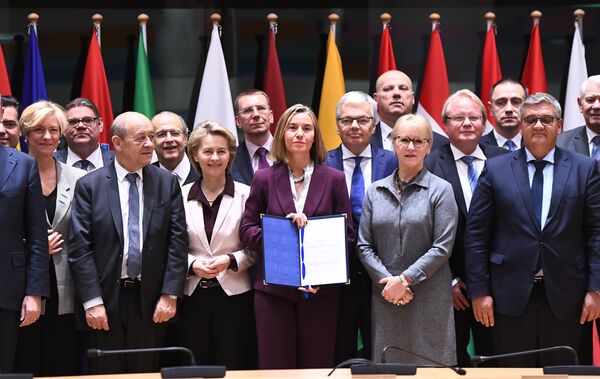
"It's necessary to act in a step-by-step manner," Dilek emphasized. "First: Freeze US and NATO activities at Turkish military bases. Second, in accordance with the reaction from the other side, it may be possible to revoke permission for the deployment of foreign military contingents at Turkish bases, and request that any contingents that are already deploy leave. And if these steps do not have the desired effect, the Incirlik base can be completely closed for use by the US."
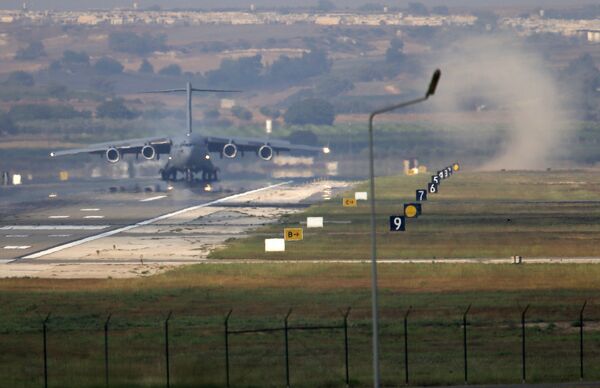
Other measures, according to the analyst, could include the suspension of the NATO naval mission against illegal migration in the Aegean Sea, and demands by Ankara that Turkish ships leave its territorial waters. "As for the Syrian direction, operations can be conducted here to intercept weapons and ammunition being supplied to Kurdish YPG detachments [by the US]. Turkey can carry out an operation to strike at weapons warehouses and YPG bases east of the Euphrates River, where the US regularly sends weapons and takes part in training soldiers with the goal of forming a regular Kurdish army."
